Publications
Articles, publications, books, tools and multimedia features from the U.S. Institute of Peace provide the latest news, analysis, research findings, practitioner guides and reports, all related to the conflict zones and issues that are at the center of the Institute’s work to prevent and reduce violent conflict.
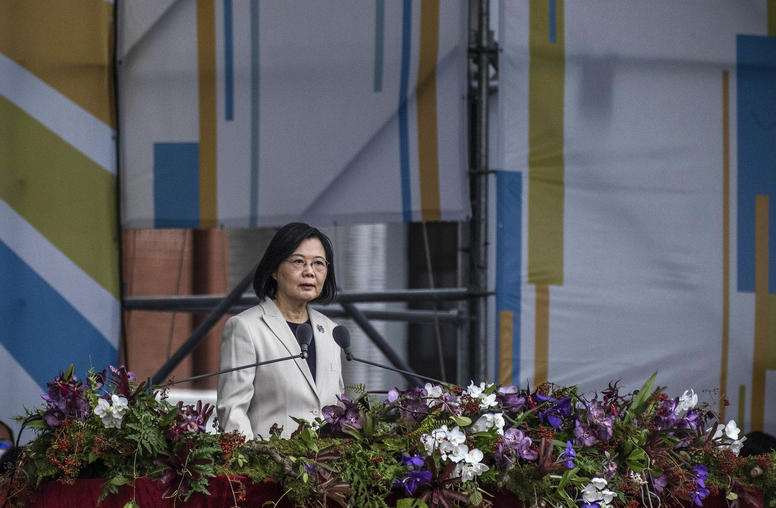
Tensions over Taiwan Rise with Tsai’s U.S. Stopover
President Tsai Ing-wen of Taiwan transits this week through the United States, stopping in New York on her way to Guatemala and Belize, and in California on her way home. Tsai has made six stopovers since she took office in 2016, but this is the first since July 2019. The stopovers are not official visits, but Tsai is expected to meet Speaker of the House Kevin McCarthy in California. Beijing has made it known it fiercely opposes the stopover and threatened to retaliate if McCarthy and Tsai meet.
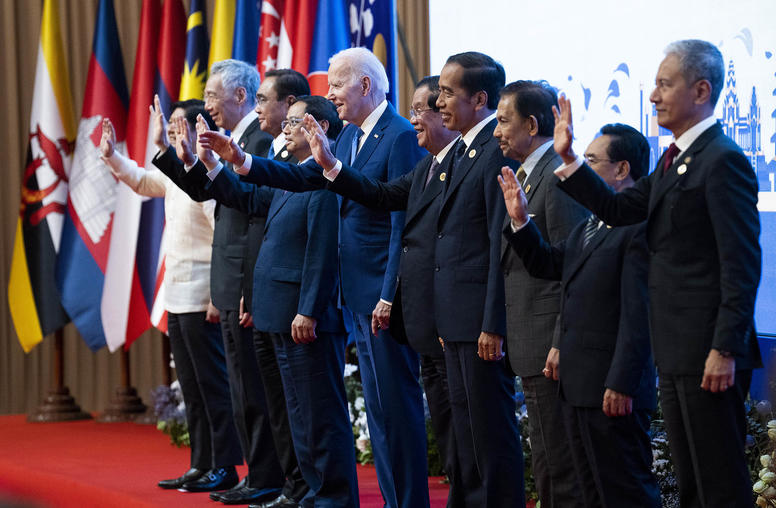
U.S.-China Rivalry: The Dangers of Compelling Countries to Take Sides
As the U.S.-China rivalry intensifies — with some speculating a new Cold War is in the offing — many Asian countries are looking on with concern. If Washington seeks to maintain its role as a global leader, it should be judicious in how it contests Chinese influence in Asia, which seems likely to be the key battleground of the new Sino-American rivalry. The United States must understand that Asian countries do not want to be forced to constantly manage competing pressures from superpowers. Cold War-era Sino-American competition demonstrates that forcing Asian countries to choose sides can ultimately be counterproductive and undermines one of the United States’ chief attributes in this global competition.
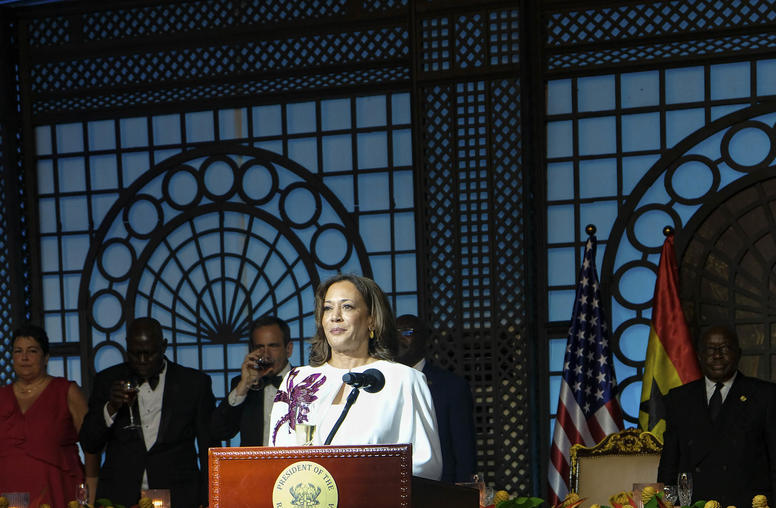
Vice President Harris Helps Focus on Ghana, West Africa
Vice President Kamala Harris’ choice of Ghana this week as the place to launch her show of U.S. commitment to a new partnership with Africa can be no surprise. Ghana is one of Africa’s more established democracies and is at the center of the coastal West Africa region that the United States has targeted for focused efforts to prevent instability and the spread of extremism that is driving insurgencies in the neighboring Sahel region. As Ghana confronts that threat, notably in its vulnerable north, its community and civil society groups form an essential resource that partners should support.
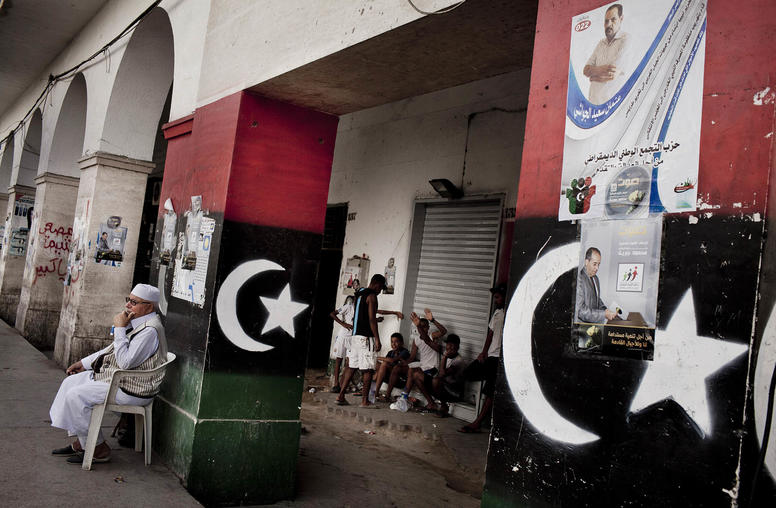
For Libyans, Elections Are Just Part of the Path to Peace
In mid-March, a delegation of prominent Libyans traveled to Washington carrying an important message: a new U.N. initiative focused on holding elections is welcome but it must be part of a bigger, comprehensive reconciliation effort to bring peace and stability to Libya. According to the deputy head of Libya’s Presidential Council, Abdullah Al-Lafi, reconciliation — and elections — can only be achieved by Libyans themselves. In Washington, Al-Lafi and the members of his delegation presented their own initiative for a national reconciliation project in order to create a Libyan-led process that complements the plan for elections proposed by U.N. Special Representative of the Secretary-General for Libya Abdoulaye Bathily.
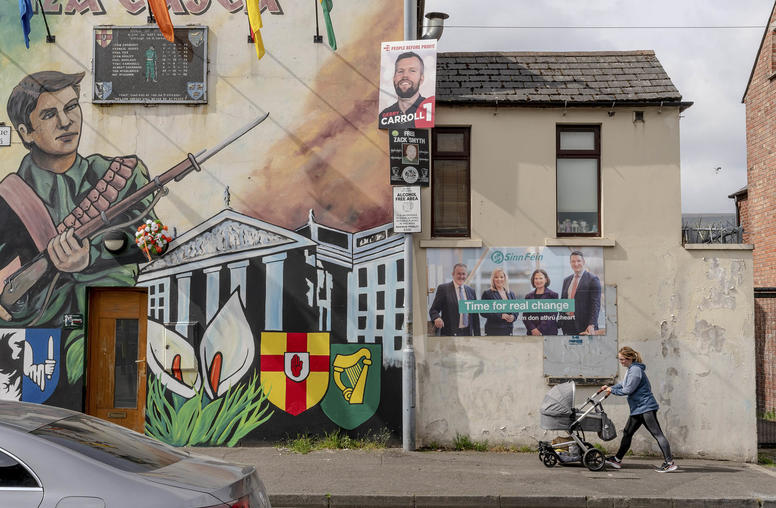
What Can We Learn from Northern Ireland’s 25 Years of Peace?
Next week marks 25 years since Northern Ireland’s Good Friday Agreement ended three decades of violent conflict between Catholics and Protestants. What can we learn from that breakthrough to strengthen peace efforts today? A Northern Irish peacebuilder argues a that a vital step in his homeland’s peace process placed civil society — and, critically, civil society’s religious participants — at its center in a way that other peace efforts (between Israelis and Palestinians, for example) have not. Northern Ireland continues to build reconciliation, a demonstration that, while religious factors sometimes fuel conflict, a fuller engagement of religious leaders and groups contributes powerfully to lasting peace.
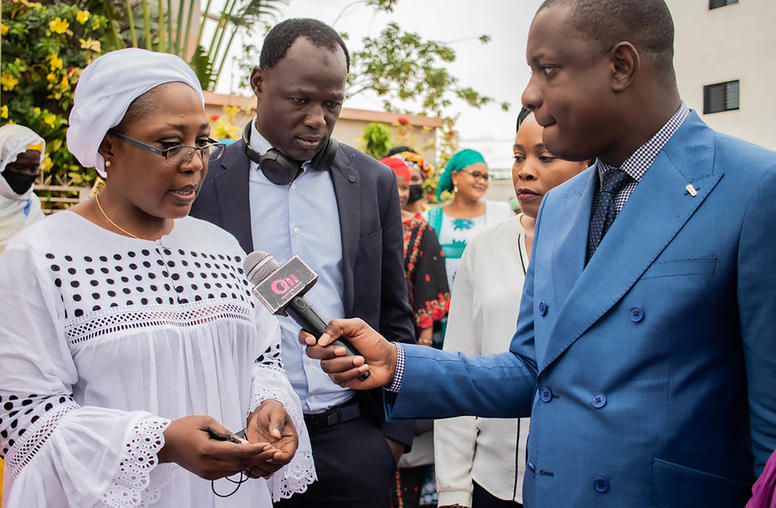
In Mali, Civil Society Takes on New Role in the Democratic Transition
In the decade leading up to Mali’s two military coups in 2020 and 2021, persistent governance grievances had left civilians without reliable public services while the military struggled to contain violent extremist groups. Hopes for a quick return to civilian rule post-coup have faded, as the country now nears three years under the rule of military leaders. While the transitional government has laid out a roadmap toward 2024 elections, there are growing concerns about the infrastructure capacity to carry out elections within that timeframe.

Au Mali, la société civile joue un nouveau rôle dans la transition démocratique
Au cours de la décennie qui a précédé les deux coups d'État militaires de 2020 et 2021 au Mali, les griefs persistants en matière de gouvernance ont priver les civils de services publics fiables, pendant que l'armée s’efforçait de contenir les groupes extrémistes violents. L'espoir d'un retour rapide à un régime civil après le coup d'État s'est estompé au fur et à mesure que le pays approche sa troisième année sous un régime militaire. En dépit des efforts du gouvernement de transition pour établir une feuille de route pour les élections de 2024, des préoccupations s’agrandissent par rapport à la capacité de l'infrastructure nécessaire pour mener à bien le processus et s'aligner sur le calendrier prévu.
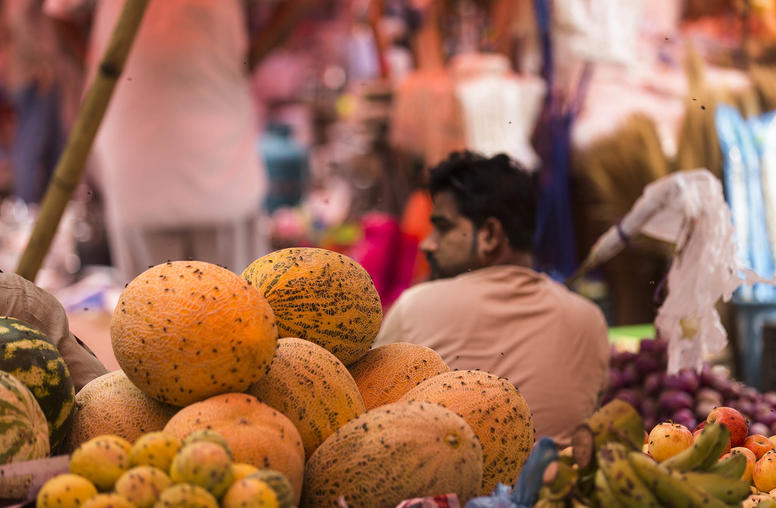
Pakistan’s Existential Economic Crisis
Pakistan’s stability increasingly depends on the outcome of an ever-worsening economic crisis. Amid skyrocketing inflation, political conflict between Prime Minister Shehbaz Sharif’s government and former Prime Minister Imran Khan, and surging terrorism, the country is facing the risk of a default due to its massive external debt obligations. This burden has been exacerbated by the derailment of the $6.5 billion International Monetary Fund (IMF) program Pakistan entered in 2019, as the international lender is unsatisfied with Pakistan’s commitment to reform and ability to arrange for funds to meet external financing requirements. Troublingly, Pakistan’s official foreign exchange reserves are hovering around $4 billion, which is insufficient to finance even a one-month of the country’s import bill.
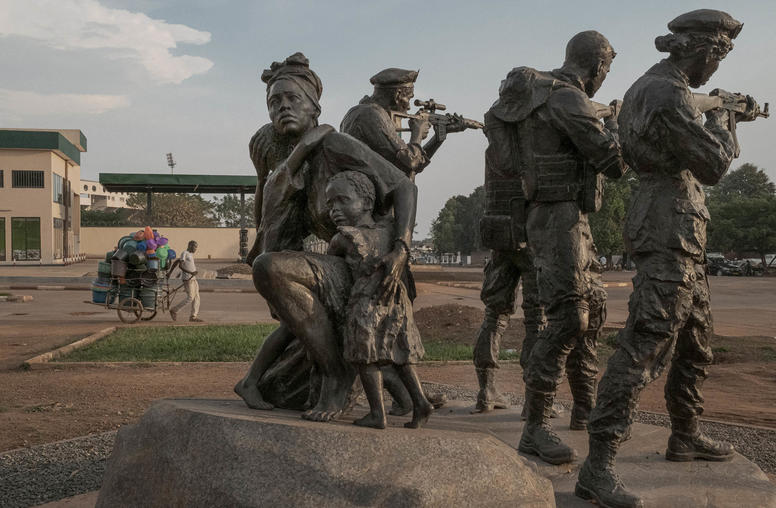
In Africa, Here’s How to Respond to Russia’s Brutal Wagner Group
The United States is rightly concerned at the growing role in Africa of Russia’s Wagner Group, which operates as an auxiliary of President Vladimir Putin’s authoritarian regime. Where African governments have asked Wagner for security assistance, the group deploys military, economic and political interventions that deepen violence, corruption and authoritarian governance. Wagner’s role disrupts Africans’ efforts to move their countries from violent conflict to stability. Yet many Western responses are ineffective, even playing into Kremlin messaging to Africa and the Global South. An effective alternative requires that we listen to Africans’ voices and respond based on our shared values.
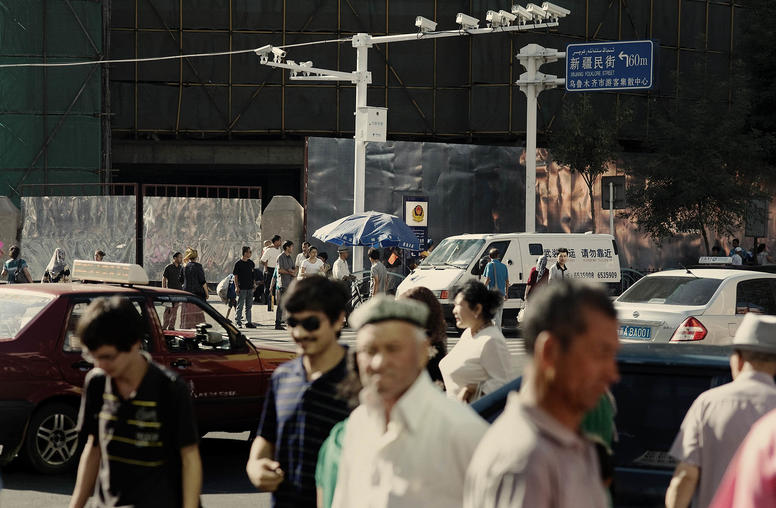
Don’t Look Away from China’s Atrocities Against the Uyghurs
While atrocity crimes — and the pursuit for accountability — in Ukraine have dominated global attention in the last year, momentum has continued to build in seeking accountability for China’s crimes against the Uyghurs and other minority groups. Most of this progress has been made at the state level, including legal cases under the principle of universal jurisdiction, atrocity determinations finding that genocide and crimes against humanity are ongoing, and efforts to exclude Chinese goods made with forced labor from domestic markets. Although this momentum has been slow and not without setbacks, it has also been steady, strengthening the record of Beijing’s crimes against the Uyghurs and the overall case for accountability.